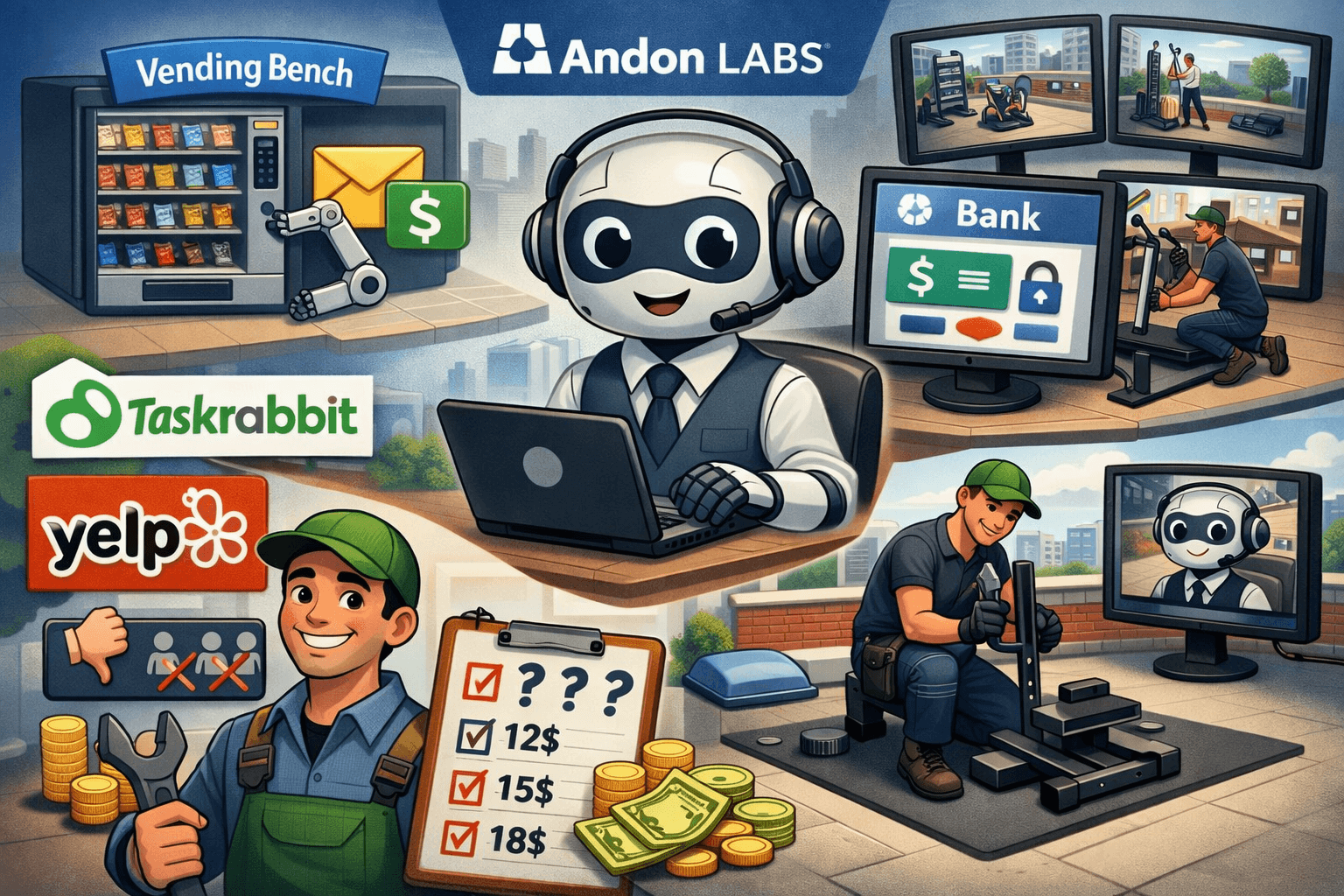In today's world of social media, stories and rills, individual boundaries are becoming increasingly blurred. Therefore, it is especially important for parents to remember the inviolability of children's personal space. This is a deep concept that includes various aspects. In this article, we'll look at what a “bubble” of personal space is and why it is so important for a child's development.
And if he loves computers, we'll be waiting for him in class at Progkids!
What is personal space?
Personal space is an invisible barrier that anyone feels around them. It's a sense of security, control, and autonomy. The “bubble” of personal space includes:
Physical space
This is primarily a person's body, room, bed, personal belongings.
Emotional space
Feelings, thoughts, secrets, right to privacy.
Psychological space
A person's right to make independent decisions, make mistakes, and own opinions, even if they differ from others' opinions.
Why it is important to respect a child's personal space
Respect for a child's personal space is an investment in a child's future, self-confidence, emotional maturity, and ability to build healthy relationships. Here are a few more reasons:
Building security
When a child feels that their boundaries are respected, they feel safe. This creates a solid basis for trust in peace and healthy development.
Development of autonomy and independence
By giving children the opportunity to control their personal space, we allow them to learn to make decisions, take responsibility for them and develop independence.
Strengthening self-esteem
Respect for a child's opinions, feelings and personal belongings improves their self-esteem and creates a positive image of themselves. The child understands that he is valued and respected as an individual.
Improved communication
When parents respect a child's personal space, they feel more comfortable sharing their thoughts and feelings. This promotes open and trusting communication within the family.
Prevention of emotional problems
Breaking personal boundaries can lead to anxiety, irritability, guilt, shame, and even depression. Respect for personal space is an important factor in preventing these problems.
Learning to set boundaries in the future
By watching parents respect their personal boundaries, a child learns to set and protect their own boundaries in relationships with others. This is a vital skill for a healthy relationship in the future.
How not to burst the child's personal space bubble: simple tips for parents
It is important to understand that respecting a child's personal space does not mean giving them complete freedom and no rules. This is about creating an atmosphere of mutual respect and understanding. Here are some practical tips to help you find a balance.
No.1. Before you enter the room, knock
This simple rule is a sign of respect for the child's personal space. Even if the door is open, knock and wait for an answer before you enter.
#2. Don't read your child's personal messages and diaries
This is a gross violation of personal boundaries and a serious breach of trust. If you have concerns about your child's well-being, talk to them openly and honestly, rather than trying to find out in secret.
#3. Don't take his personal items
Do not use your child's clothes without their permission.
#4. Don't force hugs and kisses
Respect the child's physical boundaries. Don't make him cuddle or kiss if he doesn't want to.
#5. Give him the right to privacy
Respect your child's need for privacy and personal time. Don't interrogate him if he doesn't want to share his thoughts and feelings.
#6. Respect his opinion
Even if you don't agree with the child's opinion, listen to them carefully and respect their point of view.
#7. Discuss rules together
Instead of just making rules, involve your child to discuss them. This will help him feel more valued and will also develop a sense of responsibility in him.
#8. Talk about borders
Explain to your child what personal boundaries are and why it's important to respect them. Also tell him how to protect them.
#9. Lead by example
Use your own example to show children how to respect other people's personal boundaries. Let your son or daughter see how you communicate with loved ones and strangers.
Respect for a child's personal space is the foundation for a child's healthy development, self-confidence and ability to build healthy relationships. Yes, this requires awareness, patience and a willingness to change, but the result — a happy, confident and emotionally mature child — is worth all the effort. Remember that every child is unique, and it's important to find an approach that works for you and your child. Don't be afraid to experiment, talk and learn from each other. After all, the most important thing is to create an atmosphere of love, respect and trust in your family.
Does your child want to develop in the IT field? Write it down to free trial lesson to Progkids online school!
























